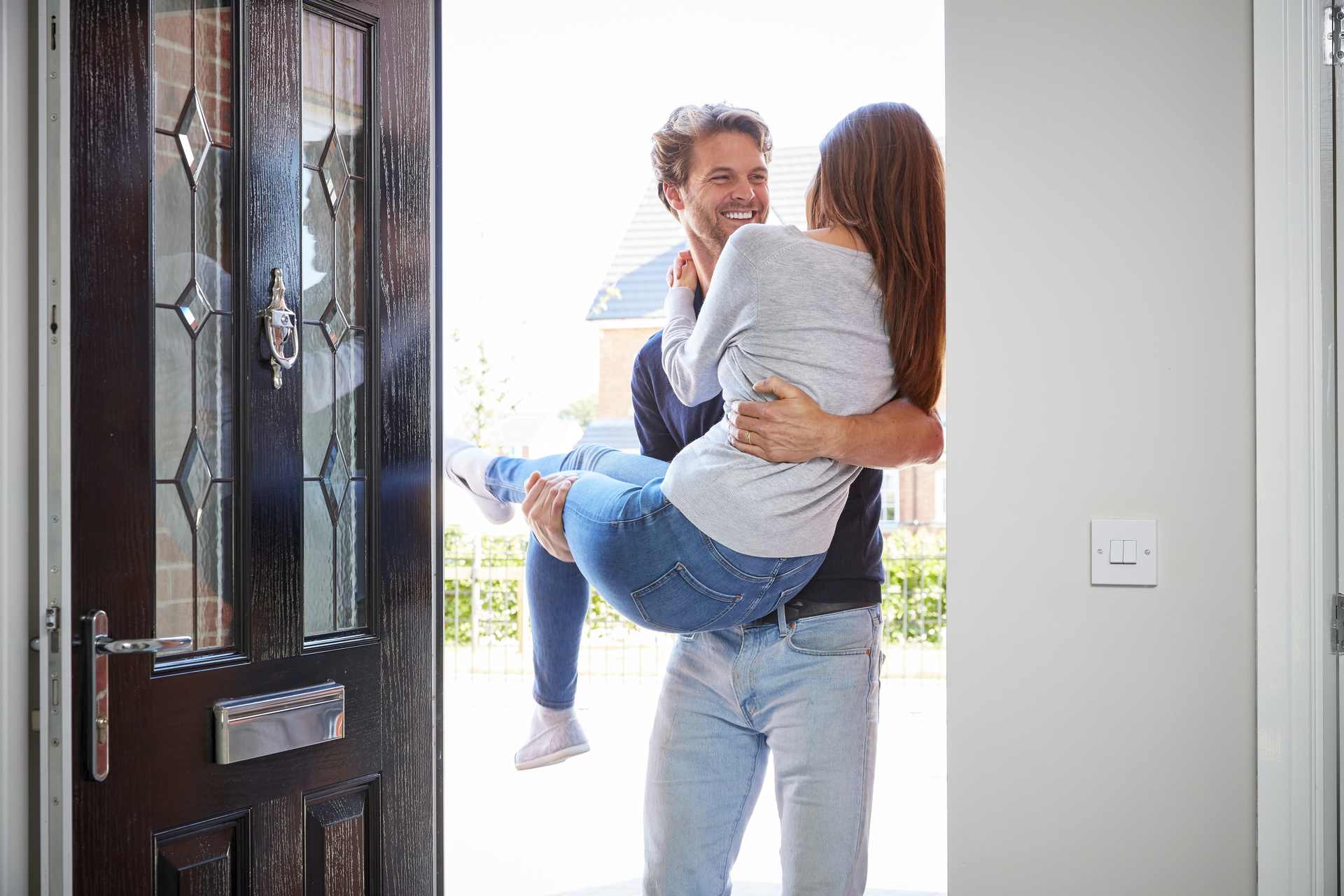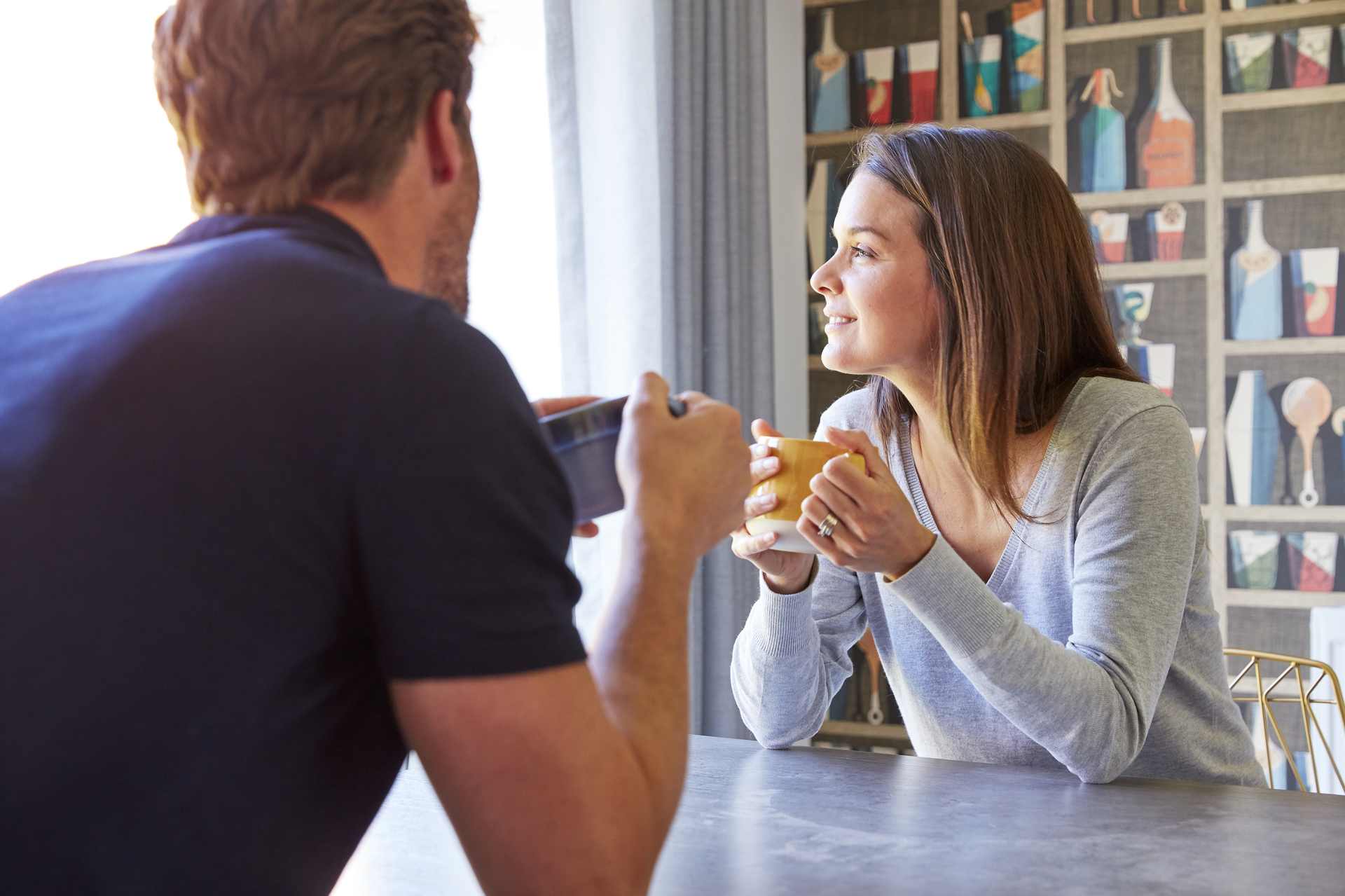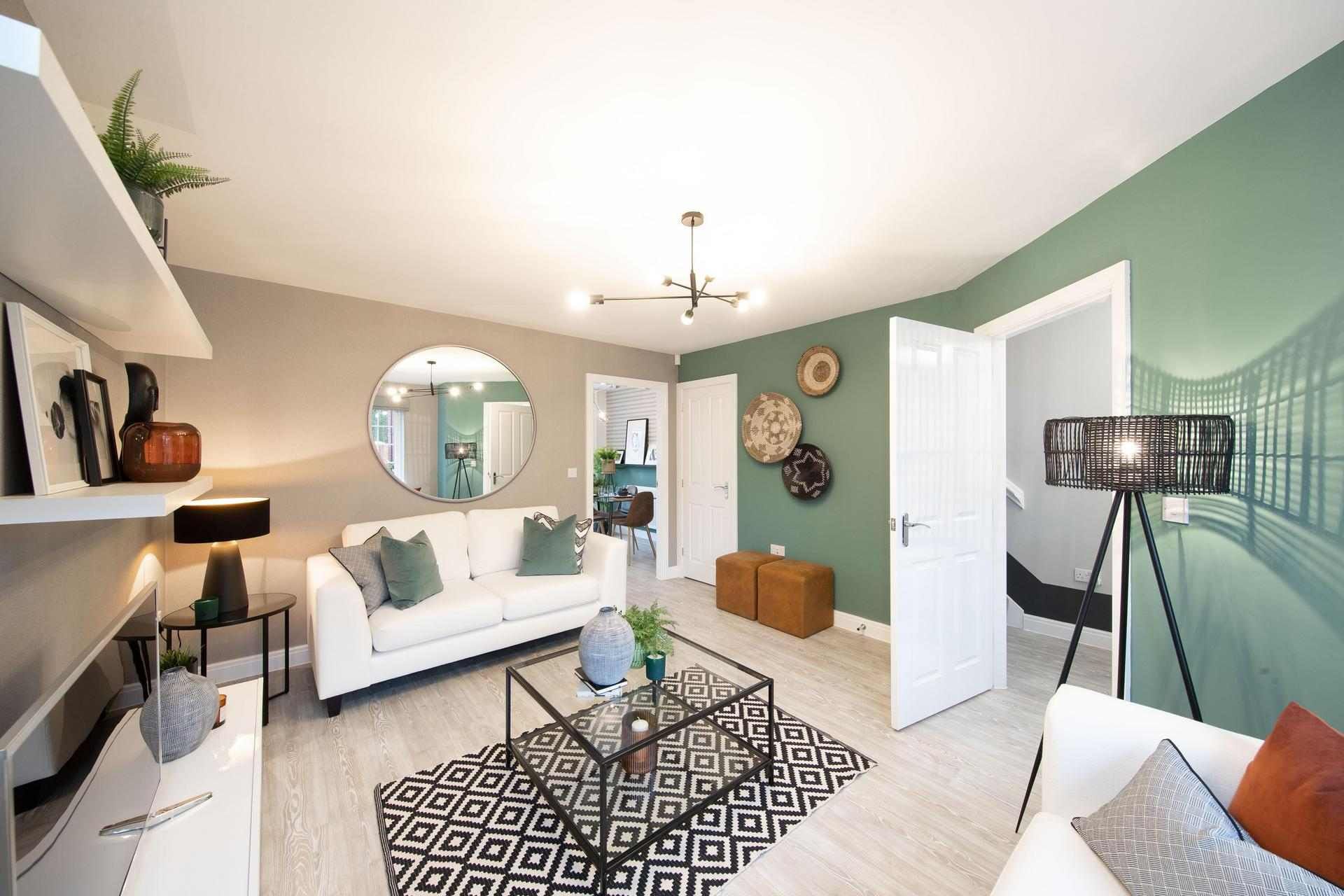Buying a house is a big deal. For most of us, it’s the most expensive thing we’ll ever buy or own, and usually by a long way. As such, property purchases are pretty daunting, especially when it’s your first time. If you’re looking for help on how to buy your first home, you’ve come to the right place. Read on for more information on things like deposits, mortgages and what qualifies you as first-time home buyer.
How to buy your first home - first time buyer

WHAT IS A FIRST-TIME BUYER?
First things first, are you asking yourself 'am I first time buyer?’. UK property laws class you as a first-time buyer if you do not own and have never owned property before. That includes in other countries. If you’re buying with someone else, neither of you can have owned a property before in order to qualify as a first-time buyer.
If you do qualify, the UK government offers relief on the Stamp Duty you have to pay when you buy your first home. Stamp Duty is owed to HMRC on every property transaction in the UK, payable via a sliding scale that’s based on the purchase price. If you're a first-time buyer purchasing a home that costs up to £600,000, you will pay 0% Stamp Duty on the first £450,000 and 5% on the remainder up to £600,000. You can find out more about Stamp Duty here.
To get it, you must intend to occupy the property you’re purchasing as your only or main residence. HMRC also dictates that you must be a UK resident for tax purposes, or fulfil similar criteria, in order to qualify as a first-time buyer.
SAVE A DEPOSIT

Whether or not you qualify for the relief, you'll need to start saving for a deposit to put towards your first home. This is normally a minimum of 5% of the purchase price, but is typically around 10%. The more you can put down as a deposit the better – as the lower your loan-to-value (LTV) ratio, the better your interest rate will be. Saving for a deposit is one of the toughest parts of buying a home, but whatever sacrifices you can make to get your down payment together will be worth it in the long run.
CHECK YOUR CREDIT SCORE

Before you start thinking about a mortgage, you need to get your credit score in order. This is a process that can take time, so start early. Use an online credit reference agency to check your current score, and then work on influencing factors to improve it.
Keeping regular payments on track and making sure you’re registered on the electoral roll, as well as using and paying off a credit card, will have a positive impact on your score. Try to rein in your spending on non-essential items and things like going out too before you apply for a mortgage, as lenders will want to check your recent bank statements.
BOOK LOTS OF VIEWINGS

Unless you’ve pinpointed the exact area you want to live in, nailing down a specific place to buy can be tough as a first-time buyer. It’s important to scout around different areas before you commit, so book lots of viewings and spend some time shopping or going for meals, coffees or drinks in different spots. You could maybe even rent in a place you like first.
Sometimes knowing what you don’t want can help guide you to the place you want. Viewing a lot of properties - both in person and online - will help provide you with a strong idea of what you can get for your budget in different areas. It’s a good idea to arrange a mortgage in principle prior to your viewings, as this can allow you to move quickly if you fall in love with a property. Some estate agents won’t even let you book a viewing without one either.
ARRANGE A MORTGAGE

Once you have an offer accepted, you’ll need to move ahead with arranging your mortgage. This can take anything from a matter of days to many months, so getting your application together as quickly as possible will stand you in good stead. Hopefully you’ve got yourself into good financial health by this point, as you try to get the best possible deal sorted in terms of interest rates, arrangement fees and early repayment charges.
Having a great mortgage broker on your side can be a huge benefit for a first-time buyer. As well as being able to help you find the best mortgage at the right price and provide you with advice on things like different providers and mortgage terms, your broker can also help out in other ways. They may have good relationships with your estate agent or lender to help smooth these processes.
ORGANISE A SOLICITOR

The other primary thing you need to do as soon as you have an offer accepted is instruct a conveyancing solicitor. They’ll complete all the necessary legal work involved with purchasing your home, drawing up things like contracts and arranging payment of funds. Your solicitor will answer any queries you have, respond to the seller’s solicitor and organise things like your searches.
SO WHAT NEXT?

If you're looking to buy a new home, view our developments and get in touch with our team today, or you can find out more about buying your first time in our guide here.













